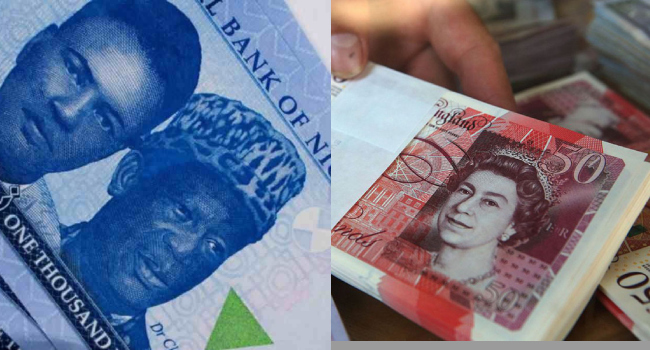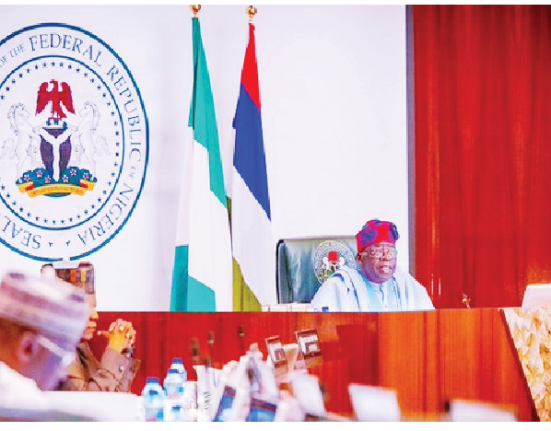Nigeria’s local currency, the naira, remained relatively stable against the British pound in the foreign exchange market, following the Bank of England’s recent decision to maintain its benchmark interest rate at 5.25%. This development has provided a level of predictability for currency traders and market watchers, as both domestic and international forces continue to shape the naira’s performance.
The British central bank, after its Monetary Policy Committee (MPC) meeting, opted to hold rates steady for the seventh consecutive time, citing the need to carefully monitor inflationary trends and labour market data before making any further monetary policy adjustments. The decision was widely anticipated by analysts, especially in the wake of slowing inflation and mixed economic indicators in the UK.
In response, the Nigerian currency showed minimal volatility against the pound, with trading figures from official and parallel markets indicating that the naira has maintained a relatively narrow band in recent sessions. Foreign exchange dealers attributed the stability in part to the cautious stance taken by the Bank of England, which has had a calming effect on currency dynamics globally.
Back home, the Central Bank of Nigeria (CBN) has continued its efforts to stabilise the naira through a mix of policy interventions and liquidity management strategies. These include regular dollar interventions in the official window, as well as renewed scrutiny of forex demand across sectors. The apex bank’s efforts, alongside positive global signals such as the UK’s rate hold, have helped reduce speculative pressure on the naira in recent weeks.
Financial experts note that while the naira remains under pressure due to structural challenges in Nigeria’s economy—including import dependency, inflation, and external debt servicing—external factors such as central bank decisions in major economies like the UK play a significant role in shaping short-term currency trends.
As the global economy navigates a complex post-COVID recovery amid geopolitical tensions and fluctuating oil prices, Nigeria’s exchange rate outlook will continue to be influenced by both domestic reforms and international monetary policy shifts. For now, the naira’s relative calm against the pound offers a brief reprieve in an otherwise volatile forex landscape.







